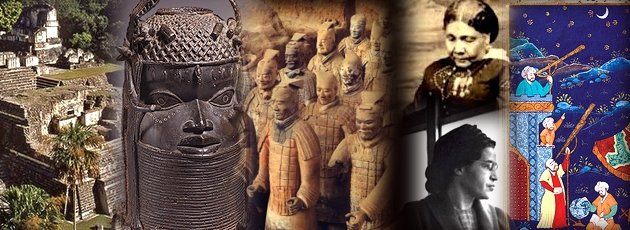- Home
- News & Blogs
- About Us
- What We Do
- Our Communities
- Info Centre
- Press
- Contact
- Archive 2019
- 2015 Elections: 11 new BME MP’s make history
- 70th Anniversary of the Partition of India
- Black Church Manifesto Questionnaire
- Brett Bailey: Exhibit B
- Briefing Paper: Ethnic Minorities in Politics and Public Life
- Civil Rights Leader Ratna Lachman dies
- ELLE Magazine: Young, Gifted, and Black
- External Jobs
- FeaturedVideo
- FeaturedVideo
- FeaturedVideo
- Gary Younge Book Sale
- George Osborne's budget increases racial disadvantage
- Goldsmiths Students' Union External Trustee
- International Commissioners condemn the appalling murder of Tyre Nichols
- Iqbal Wahhab OBE empowers Togo prisoners
- Job Vacancy: Head of Campaigns and Communications
- Media and Public Relations Officer for Jean Lambert MEP (full-time)
- Number 10 statement - race disparity unit
- Pathway to Success 2022
- Please donate £10 or more
- Rashan Charles had no Illegal Drugs
- Serena Williams: Black women should demand equal pay
- Thank you for your donation
- The Colour of Power 2021
- The Power of Poetry
- The UK election voter registration countdown begins now
- Volunteering roles at Community Alliance Lewisham (CAL)
Black history: Another great victory
It is truly amazing what we can do together.
Six months ago, the outline for history lessons in the draft National Curriculum looked very different to what it does today. As many of you are aware, Black icons such as Mary Seacole and Olaudah Equiano were to be erased from the classroom. Within weeks of that announcement nearly 40,000 signed a petition for those individuals to be replaced. The Secretary of State for Education Michael Gove said he was listening.
But perhaps even worse than discarding two Black heroes was an even greater challenge. The planned history Curriculum would have meant that no child in England and Wales would have read about a culture, a people, outside of Europe until Secondary School. Therefore, in our children’s most formative years of education, they would have received history lessons which were narrow, only white, and euro-centric.
In a statement made yesterday Michael Gove said that the biggest response to all the Curriculum proposals were around history. Our own campaign written by Runnymede Trust, spearheaded by OBV and supported by BTEG, Every Generation, Race Equality Coalition, The Mary Seacole Campaign, BARAC, Equanomics and many others all demanded a more global perspective for early stages of learning.
We argued that Africans, Asians, Chinese, Aztecs were all around long before slavery, ‘conquest’, and ‘colonialism'. Furthermore, we said, an introduction to these cultures and great civilizations not only benefits Black and Minority Ethnic children but all children too. We pointed out that failure to recognise this would be the greatest travesty for our children’s education for generations. Before yesterday's announcements, groups were discussing the next steps if Gove and the coalition refused to listen.
But Michael Gove has listened, granted, not to everything, but in those critical areas we have achieved a remarkable success:
- In key stage one, Elizabeth 1 and Queen Victoria, will sit alongside Mary Seacole and Rosa Parks as significant women who have ‘contributed to national and international achievement.’
- At key stage two, classes will look specifically at first civilizations in Ancient China, and Africa. The curriculum also highlights non-European civilizations that might contrast with Britain, such as the study of Bagdad, AD 900, Mayan civilisation and the Benin-West African AD, 900-1300.
- In key stage three, Slavery has its own section. And although Equiano isn’t named, which I’m disappointed about, neither is Wilberforce or anyone else for that matter.
Overall, we can say that working together, including getting support from our academics, activists, writers and politicians has meant safeguarding our children’s history curriculum for at least the next generation.
After the Seacole victory back in March our detractors told us we had a ‘pyrrhic victory’ – we’d won one but lost ten-. We told them: ‘We’ve not finished by a long way, in fact we’ve only just started.’
Today the new curriculum stands as a testimony to everyone’s effort, not just ours,but all those who got involved.
Michael Gove’s less prescriptive approach means there are still gaps, to which we must produce materials to aid school teachers, for example, the role of rebellion across the Caribbean that massively helped end slavery.
Today, at least let’s enjoy this victory. A victory for common sense.
A special thanks to Debbie Weekes-Bernard of the Runnymede Trust.
Simon Woolley
